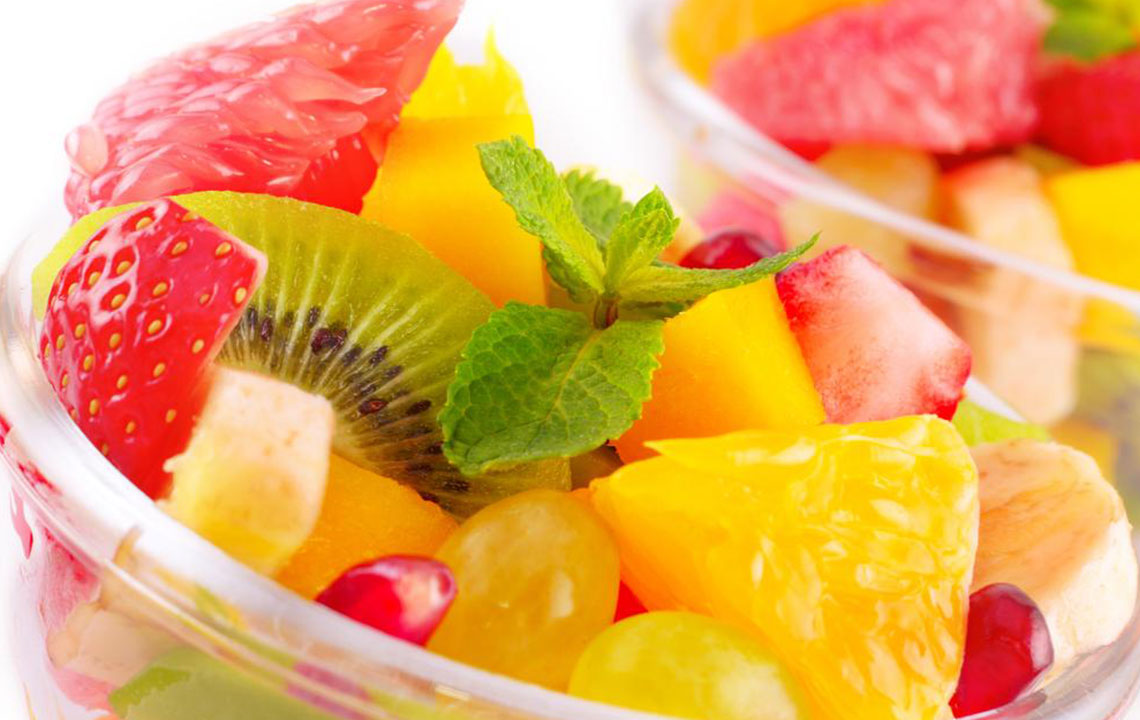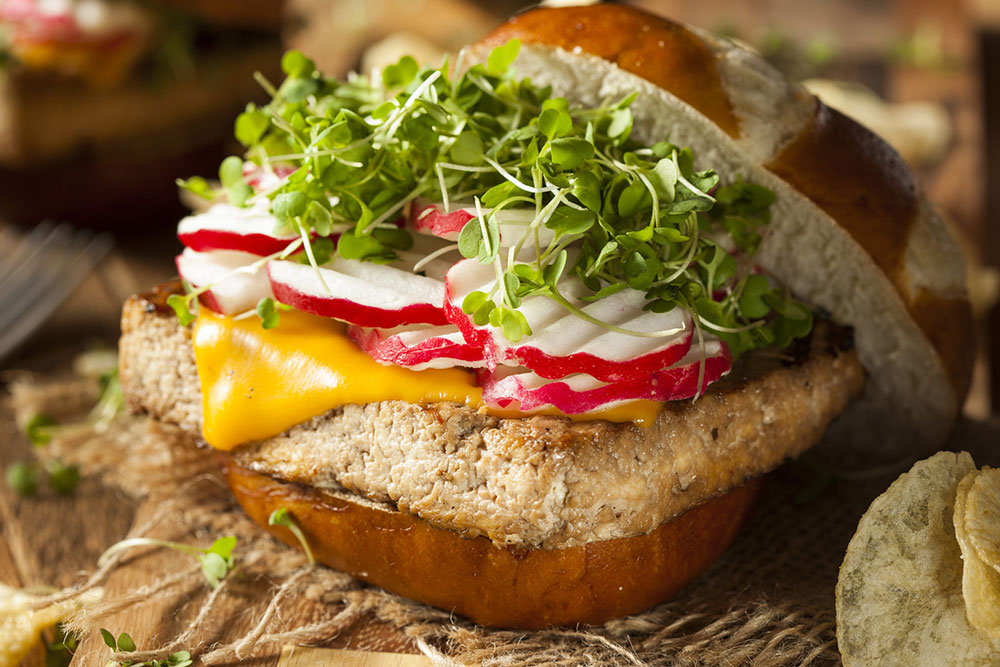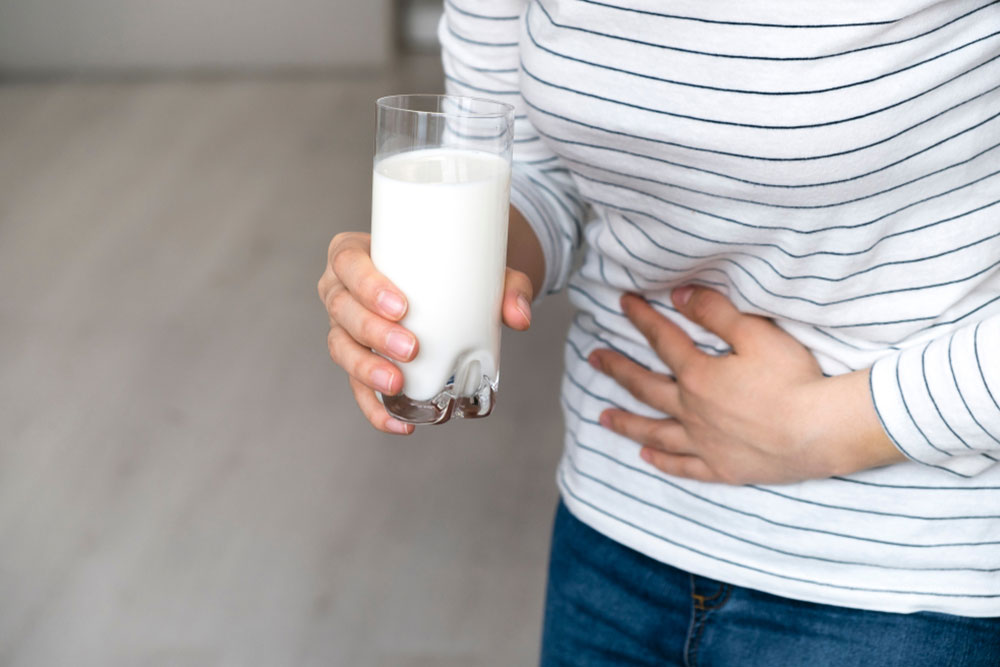Diet Tips for Supporting Gallbladder Function and Preventing Stones
This article provides essential dietary tips to support gallbladder health and prevent stone formation. It emphasizes the importance of a balanced diet rich in fruits, vegetables, omega-3 fatty acids, and fiber, while limiting saturated fats, animal proteins, and processed foods. Managing calorie intake and increasing magnesium consumption are also highlighted for maintaining healthy cholesterol levels. Post-surgery dietary adjustments are discussed to avoid potential triggers. Adopting these guidelines helps improve digestion, prevents gallstones, and promotes overall gallbladder wellbeing.

Key Dietary Strategies for Healthy Gallbladder Function
The gallbladder, a small organ resembling a pear, is located near the liver. Its primary function is to store and concentrate bile, which is produced by the liver. When needed, it releases bile into the intestines to assist in digesting fats. Proper functioning of this organ facilitates the removal of excess fats and toxins, promoting smooth digestion.
Gallstones can develop if digestive processes are impaired, often due to factors like high cholesterol, diets rich in saturated fats, alcohol consumption, obesity, diabetes, crash diets, or frequent antacid use.
Symptoms may involve nausea, bloating, indigestion, dizziness, back pain, burping, and gas buildup. If medications aren’t effective in dissolving gallstones, surgical removal of the gallbladder might be necessary. Adapting your diet plays a crucial role in easing digestion and preventing future stone formation.
Importance of Dietary Choices
Your eating patterns are essential for both recovery after gallbladder removal and prevention of new stones. Consuming high-saturated-fat foods might increase cholesterol and triglycerides, raising the risk of gallstones. Overweight individuals face higher susceptibility, but crash dieting can also promote cholesterol secretion in the liver, leading to stone formation.
Eating plenty of fruits, vegetables, and fiber-rich foods, along with adequate hydration, can help prevent gallstones. A balanced diet low in saturated fats and moderate in calories supports healthy weight management and reduces gallstone risk. Key foods include fresh produce, omega-3 fatty acids from cold-water fish, flaxseed, and hempseed.
Vegetables: tomatoes, beets, cucumbers, shallots, okra, sweet potatoes, avocados, carrots, celery, leafy greens like Swiss chard, dandelion, onions, and garlic.
Incorporate omega-3 sources such as cold-water fish, flaxseed, and hempseed for optimal health.
Choose Low Glycemic Index Foods
Foods with a low glycemic index, like legumes and most fruits, release sugars gradually, helping prevent blood sugar spikes and reducing gallstone development.
Reduce Animal Protein Intake
Cutting back on high-fat animal proteins and opting for plant-based options like nuts, seeds, and legumes promotes easier digestion and diminishes gallstone risk.
Monitor Calorie Consumption
Keeping calorie intake in check helps prevent obesity, a major factor in gallstone formation. Avoid extreme calorie restrictions, as they can hinder bile flow and contribute to cholesterol-based stones.
Focus on Fiber-Rich Diets
Consuming more fruits, vegetables, whole grains, and legumes supports gallstone prevention. Increase fiber gradually to minimize bloating, drink plenty of water, and promote healthy elimination.
Enhance Magnesium Intake
Magnesium-rich foods such as dark leafy greens, nuts, seeds, fish, avocados, yogurt, bananas, and dark chocolate can help reduce gallstone risk by maintaining balanced cholesterol levels and lowering triglycerides.
After gallstone removal or gallbladder surgery, it’s advisable to avoid foods like dairy, gluten, fried snacks, red meats, spicy dishes, alcohol, sodas, artificial sweeteners, and processed foods that might trigger symptoms or complications.


